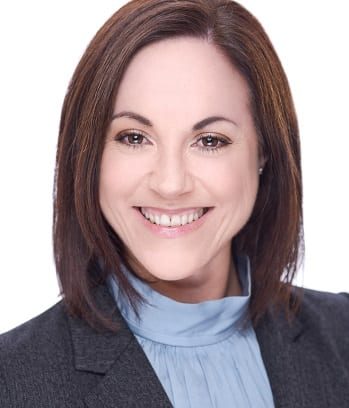Please note, Dr Linda has limited availability and an average wait time of over 1 month. Please contact us for availability.
This Hart therapist has been researching social and mental health and practising in specialised work with couples for over 10 years. She is dedicated to helping individuals explore what might be holding them back from enjoying and engaging in love, in life, and in relationships. Each counselling session provides a safe space where clients feel heard, supported, and not judged for who they are, what they do, and how they relate to others.
In couples counselling, she works collaboratively with her clients to help them express what they need in their intimate relationships to feel safe, secure, and uniquely valued.
She has a strong interest in relationship issues resulting from affairs and betrayals, depression, chronic illness, intergenerational trauma, grief and loss, and problems with sexual and emotional intimacy. She is also committed to working with clients who are experiencing conflict arising from major life transitions (e.g., births, deaths, marriages, children leaving home, starting school, relocation, job changes and retraining), and in the prevention of intimate partner violence.
She uses a range of therapeutic approaches to suit her clients’ needs.
She is passionate about supporting her clients to create new meaning and opportunities in life.



